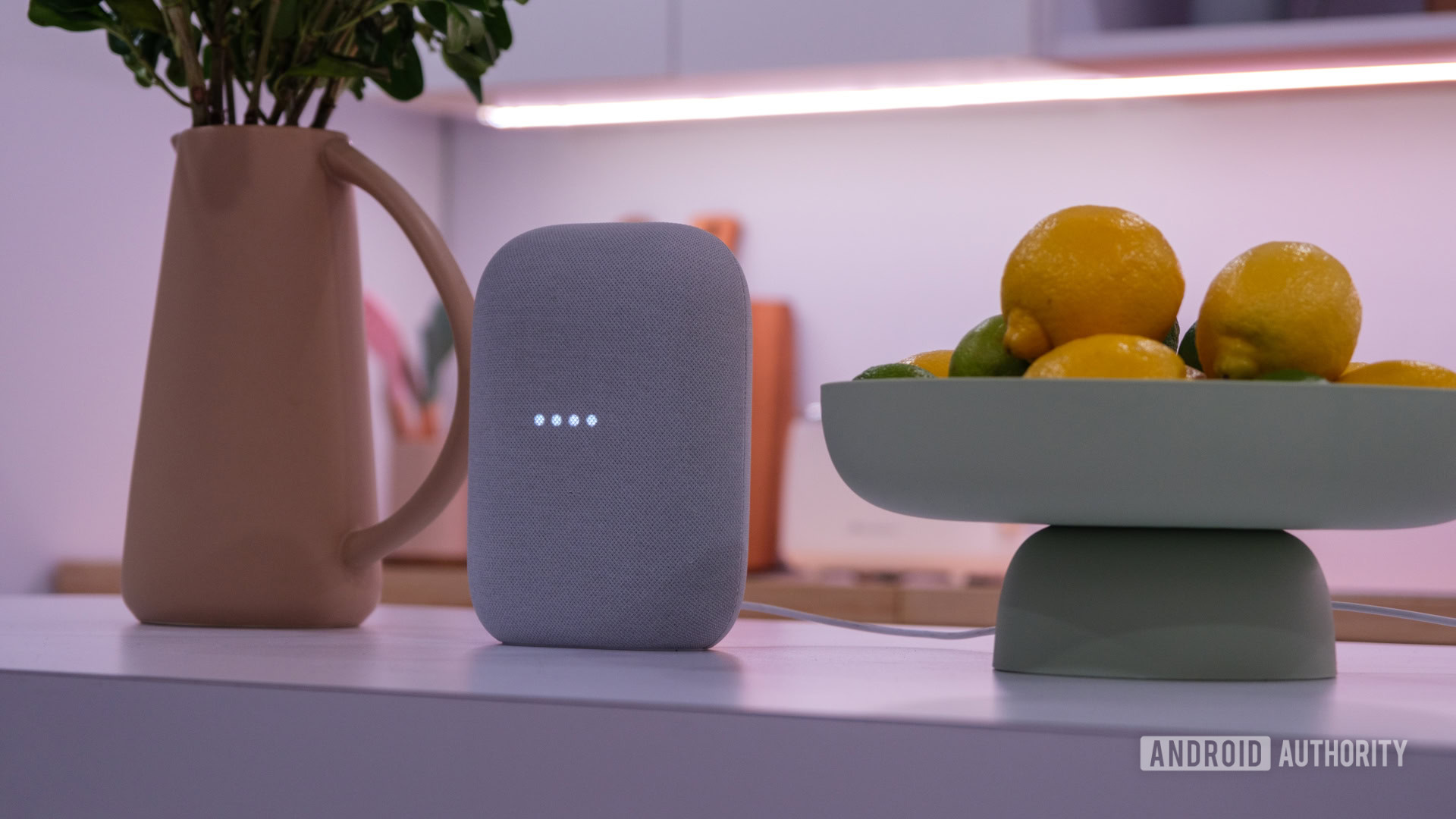Custom Website Development and the Role of a WordPress Website Designer
In this article, we will explore the process and benefits of custom website development and the role of a WordPress website designer in creating an engaging, functional online presence.

In today's digital world, having a strong online presence is essential for businesses, organizations, and individuals looking to reach a wider audience. Whether you are starting a new business or revamping your current website, the approach you take to develop your site can significantly impact your success. Custom website development and WordPress website design are two popular methods for building websites, each offering distinct benefits and capabilities. In this article, we will explore the process and benefits of custom website development and the role of a WordPress website designer in creating an engaging, functional online presence.
What is Custom Website Development?
Custom website development involves creating a website from the ground up, tailored specifically to a client's needs and objectives. This approach uses coding languages such as HTML, CSS, JavaScript, and backend programming languages like PHP or Python to build a website that meets the specific functionality and design requirements of the client.
Unlike template-based websites, which use pre-built themes and structures, custom website development allows for complete flexibility in design and functionality. It is ideal for businesses or individuals who need a unique, scalable, and feature-rich website that stands out from the competition.
Key Features of Custom Website Development
Tailored Design: The design and layout of a custom-built website are completely personalized to reflect the branding and vision of the client. There are no limitations imposed by templates, which allows for creativity and unique design elements that make the site distinctive.
Scalability: Custom websites are built to grow with the business. Whether you’re adding new features, expanding the site’s capabilities, or improving performance, a custom site can be adapted to meet evolving business needs.
Advanced Functionality: Custom website development allows for complex functionalities such as custom forms, e-commerce features, booking systems, membership areas, and integrations with other software or APIs. This flexibility ensures the website can fully support the business processes it is intended to serve.
Optimized Performance: A custom-built site can be optimized for speed and performance, ensuring fast load times and a smooth user experience. Developers can choose the best architecture for the site and optimize each element to ensure the best possible performance.
Enhanced Security: Custom websites allow for better security measures to be implemented. With a custom site, developers can ensure that security protocols and best practices are in place, protecting your website from threats such as hacking, data breaches, and malware.
Unique User Experience (UX): The user experience of a custom-built website is prioritized and specifically tailored to the target audience. The layout, navigation, and interactive features are designed to ensure that users can easily find the information they need and enjoy a seamless browsing experience.
Benefits of Custom Website Development
Complete Control: With custom website development, you have full control over the website’s design, features, and overall functionality. There are no limitations imposed by pre-designed themes or templates.
Brand Consistency: A custom website ensures that every aspect of the design is aligned with your brand identity, creating a cohesive and professional look that sets you apart from your competitors.
SEO-Friendly: Developers can implement best practices for search engine optimization (SEO) directly into the code of a custom site, making it easier to rank higher in search engine results.
Long-Term Investment: While custom websites are typically more expensive upfront, they can provide a higher return on investment (ROI) in the long run due to their scalability, unique features, and ability to grow with your business.
Better Performance: Custom websites are optimized for speed and functionality, offering better performance compared to generic, template-based websites.
What is a WordPress Website Designer?
A WordPress website designer is a professional who specializes in designing websites using the WordPress content management system (CMS). WordPress is one of the most widely used platforms for building websites due to its ease of use, flexibility, and extensive range of themes and plugins.
While WordPress is often associated with simple, template-based websites, skilled WordPress designers can create highly customizable, unique websites using the platform. They combine design skills with a deep understanding of WordPress’s features and functionalities to create a site that looks great, works well, and meets the client’s goals.
Key Responsibilities of a WordPress Website Designer
Theme Customization: WordPress offers a wide variety of themes, both free and premium, that serve as the foundation for website design. A WordPress designer can customize these themes to meet the specific needs of the client, ensuring the website has the right layout, color scheme, typography, and branding elements.
Responsive Design: WordPress designers ensure that websites are responsive, meaning they look and function well on all devices, including desktops, tablets, and smartphones. With more people browsing the web on mobile devices, responsive design is crucial for a positive user experience.
Plugin Integration: WordPress offers a huge library of plugins that add functionality to websites, such as contact forms, social media integrations, e-commerce capabilities, and more. A WordPress website designer knows how to choose and integrate the right plugins to enhance the site’s features.
User Interface (UI) and User Experience (UX) Design: WordPress designers focus on creating a user-friendly interface that is easy to navigate and interact with. They ensure that the website is intuitive and that visitors can easily find the information they are looking for.
SEO Optimization: A good WordPress designer understands the basics of SEO and incorporates it into the website’s design. They can optimize elements such as meta tags, headers, and images to improve search engine rankings.
Ongoing Maintenance: After a WordPress site is launched, ongoing maintenance is essential to ensure it continues to run smoothly. A WordPress designer can provide regular updates, security patches, and performance improvements to keep the website secure and functional.
Benefits of Working with a WordPress Website Designer
Cost-Effective: Compared to custom-built websites, WordPress websites are generally more affordable, especially for small businesses or individuals looking to get online quickly.
Ease of Use: WordPress has a user-friendly interface, which makes it easy for clients to manage their website content after the design is complete. WordPress designers can teach clients how to update their site without needing technical expertise.
Fast Development: Since WordPress offers a wide variety of pre-built themes and plugins, a designer can often build a functional website much faster than with custom development, which makes it ideal for businesses looking to launch quickly.
SEO-Friendly: WordPress is known for being SEO-friendly, and a designer can enhance the SEO capabilities of the site by optimizing key elements. This helps websites rank better on search engines, attracting more traffic.
Scalability: While WordPress is often associated with smaller sites, it is highly scalable and can be used to create anything from simple blogs to large, complex e-commerce platforms. A WordPress designer can create a site that grows with your business.
When to Choose Custom Website Development vs. WordPress Website Design
The decision between custom website development and working with a WordPress website designer depends on several factors:
Budget: Custom website development tends to be more expensive than WordPress website design, especially if the project requires a high level of customization. If you have a limited budget, WordPress may be the better choice.
Functionality Requirements: If your website requires complex, custom features that can’t be easily achieved with WordPress plugins, custom website development may be the better option. However, if you need a standard website with basic features, WordPress can often meet your needs.
Timeframe: If you need to launch your website quickly, WordPress may be the faster option, thanks to the availability of pre-designed themes and plugins. Custom development may take longer due to the need for a fully bespoke solution.
Long-Term Growth: If you foresee significant growth and scalability needs in the future, custom website development may be more beneficial in the long run. WordPress is also scalable, but custom development offers more flexibility as your business evolves.
Conclusion
Both custom website development and WordPress website design offer unique advantages depending on your needs, budget, and objectives. Custom website development is ideal for businesses that require a highly tailored, scalable solution, while WordPress website design is a more cost-effective and quicker option for those who need a functional and aesthetically pleasing site with the flexibility to add features later.
Ultimately, whether you choose custom development or a WordPress website designer depends on your specific goals. If you want complete control over design and functionality and are prepared for a larger investment, custom development may be the way to go. On the other hand, if you need a high-quality website quickly and at a lower cost, WordPress may be the perfect solution.
What's Your Reaction?
 Like
0
Like
0
 Dislike
0
Dislike
0
 Love
0
Love
0
 Funny
0
Funny
0
 Angry
0
Angry
0
 Sad
0
Sad
0
 Wow
0
Wow
0





















































